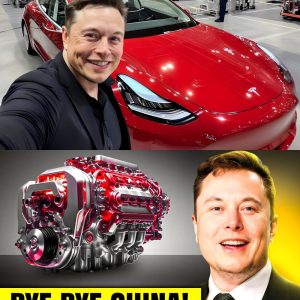Tech billionaire Elon Musk has once again sparked controversy with a recent statement addressing gender identity. During a discussion on social media, Musk commented, “Men are men, women are women. There’s no such thing as being halfway between,” which quickly ignited a heated debate online.
Musk’s remarks have drawn both support and criticism. Supporters argue that Musk is simply expressing a traditional view on gender, stating that his comment reflects biological distinctions between men and women. Many who share this perspective believe that the conversation around gender has become overly complicated and that society should maintain a clearer divide between male and female identities.

However, critics argue that Musk’s statement is dismissive of the experiences of transgender and non-binary individuals. For them, the comment undermines the growing recognition of gender as a spectrum, which goes beyond the binary male and female categories. Many took to social media to express their disappointment, accusing Musk of lacking empathy and understanding toward people who don’t fit traditional gender roles.

This is not the first time Musk has faced criticism for controversial views. Known for his candid remarks on various topics, Musk has a history of making statements that stir public discussion, often polarizing opinions. In 2020, he faced backlash after tweeting, “Pronouns suck,” which was seen as dismissive toward the use of gender-affirming pronouns.
Despite the criticism, Musk has remained largely unapologetic about his views on social and political issues. As the CEO of multiple high-profile companies, including Tesla and SpaceX, his public statements carry significant weight, often extending beyond the business world and into broader cultural debates.
This latest controversy further highlights the ongoing tensions surrounding gender identity and the role that public figures play in shaping the conversation.





